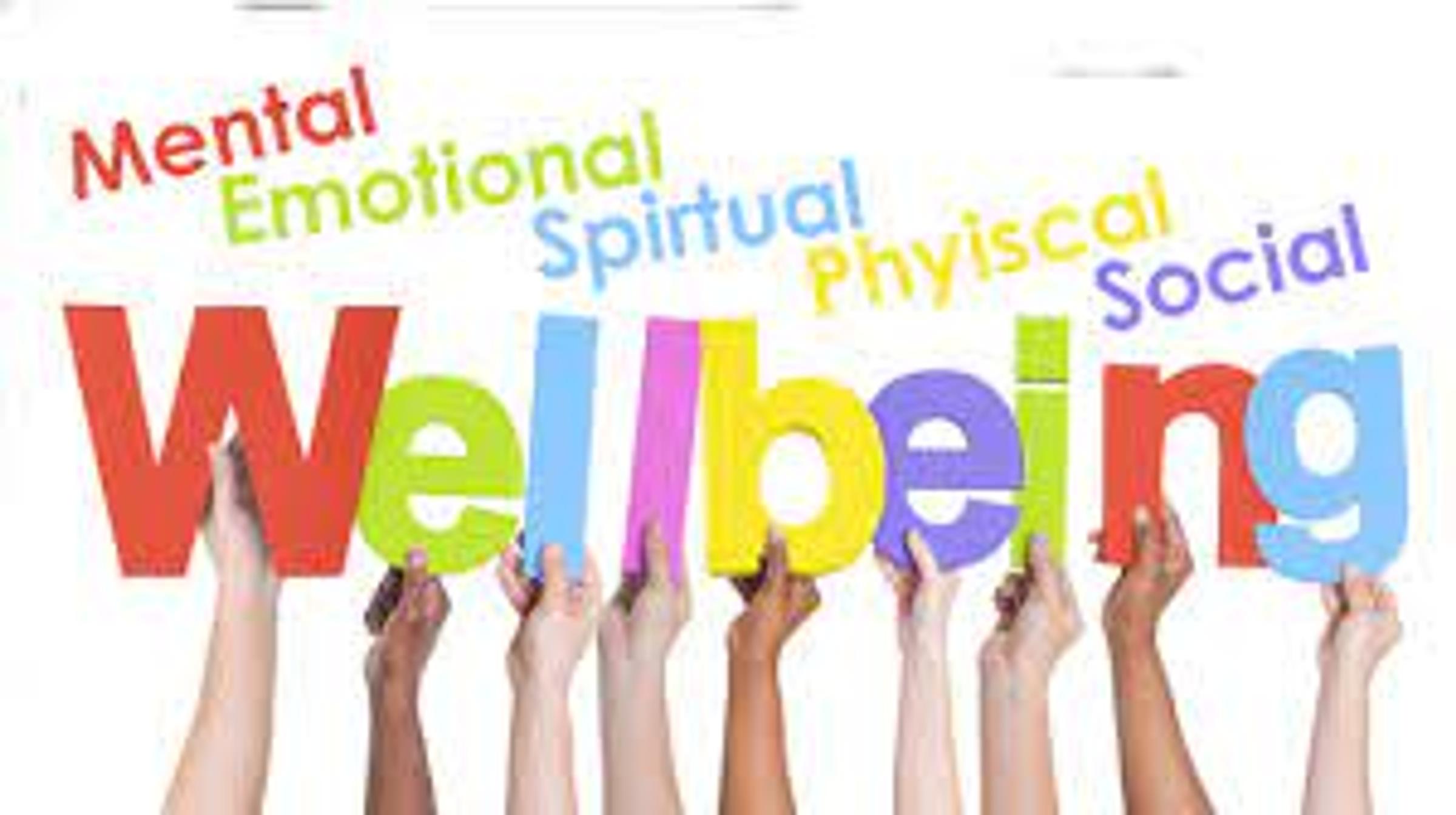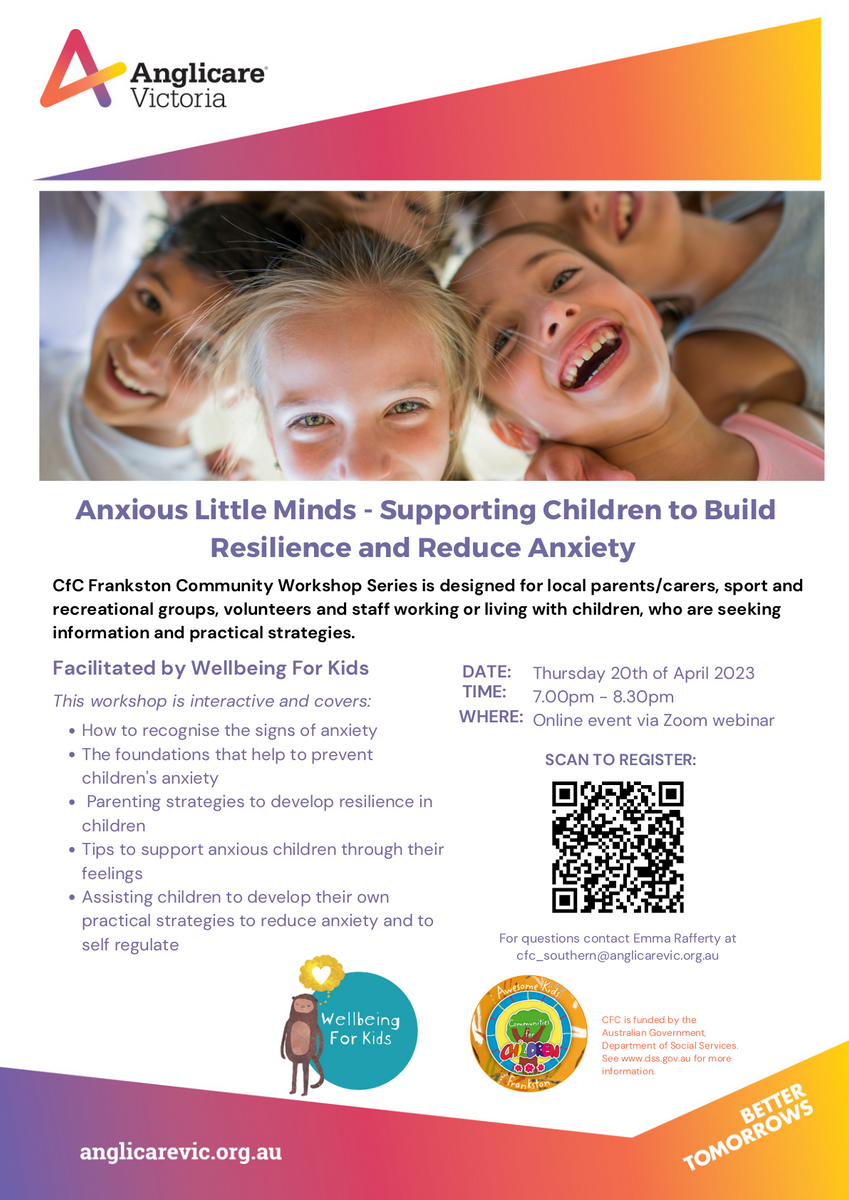Wellbeing News

What is Respectful Relationships?
Respectful Relationships is about tackling family violence and gender equality through education.
Rosie Batty, CEO of the Luke Batty Foundation “the school community is an essential part of social reform by modelling a culture of respect through the whole school, not just by teaching respect in the classroom”.
In 2017, respectful relationships education was introduced as part of the Victorian Curriculum. The Victorian Government is supporting schools to model respectful relationships across the whole school community as part of its commitment to respectful relationships education.
The Government is currently providing Victorian schools with a range of extra supports and resources including, new Respectful Relationships teaching and learning materials.
In the classroom, children will learn problem-solving skills, to develop empathy, support their own wellbeing and build healthy relationships with others. The initiative will also provide resources to best support children and staff who are affected by family violence.
When children build positive relationships with their teachers and peers they feel safer and happier at school, are more resilient and have positive social attitudes. Positive relationships also increase a child’s sense of social connectedness and belonging which can result in better health and academic outcomes.
Further information about Respectful Relationships is available on the Department of Education and Training website: www.education.vic.gov.au/respectfulrelationships
Respectful Relationships at Clyde Primary School
At Clyde Primary School we are well under way teaching ‘Respectful Relationships’ Curriculum in all classrooms. We are currently teaching topic 1 which covers Emotional Literacy. The Emotional Literacy topic from Prep to Grade 6 looks at identifying, recognising and understanding our emotions. As the topic progresses the learning content around how we feel and express emotions builds so that students have an emotional vocabulary and an awareness of emotional regulation. We look forward to continuing to teach Respectful Relationships and providing our students with a Personal and Social learning Curriculum. Have a chat with your child to see what they are currently learning each week in their classroom
Anaphylaxis
We have a number of students across the school who are anaphylactic or allergic to a variety of foods. Anaphylaxis is a severe allergic reaction that occurs after exposure to an allergen. The most common allergens for school-aged children are nuts, eggs, cow’s milk, fish, shellfish, wheat, soy, sesame, latex, certain insect stings and medication.
Letters were sent home via Compass to year levels that have a child with anaphylaxis regarding information about specific foods the student is anaphylactic to. Please read these so you understand the seriousness of anaphylaxis and foods that they students are anaphylactic in your child’s area. All classes have spoken about the importance of eating only the food that their own parents/carers provide and about the importance of washing hands when eating. To read our schools Anaphylaxis Policy please click on the following link: Anaphylaxis Policy
Asthma Plans
Asthma is a long-term lung condition. People with asthma have sensitive airways in their lungs which react to triggers, causing a ‘flare-up.’ In a flare-up, the muscles around the airway squeeze tight, the airways swell and become narrow and there is more mucus. This makes it hard to breathe. An asthma flare-up can come on slowly (over hours, days or even weeks) or very quickly (over minutes). A sudden or severe asthma flare-up is sometimes called an asthma attack.
If your child is diagnosed with asthma, please ensure that Clyde Primary School has an updated Asthma Plan. Asthma Plans need to be updated every year. Please visit your doctor in order to update your plan if needed. To read our schools Asthma Policy please click on the following link: Asthma Policy


